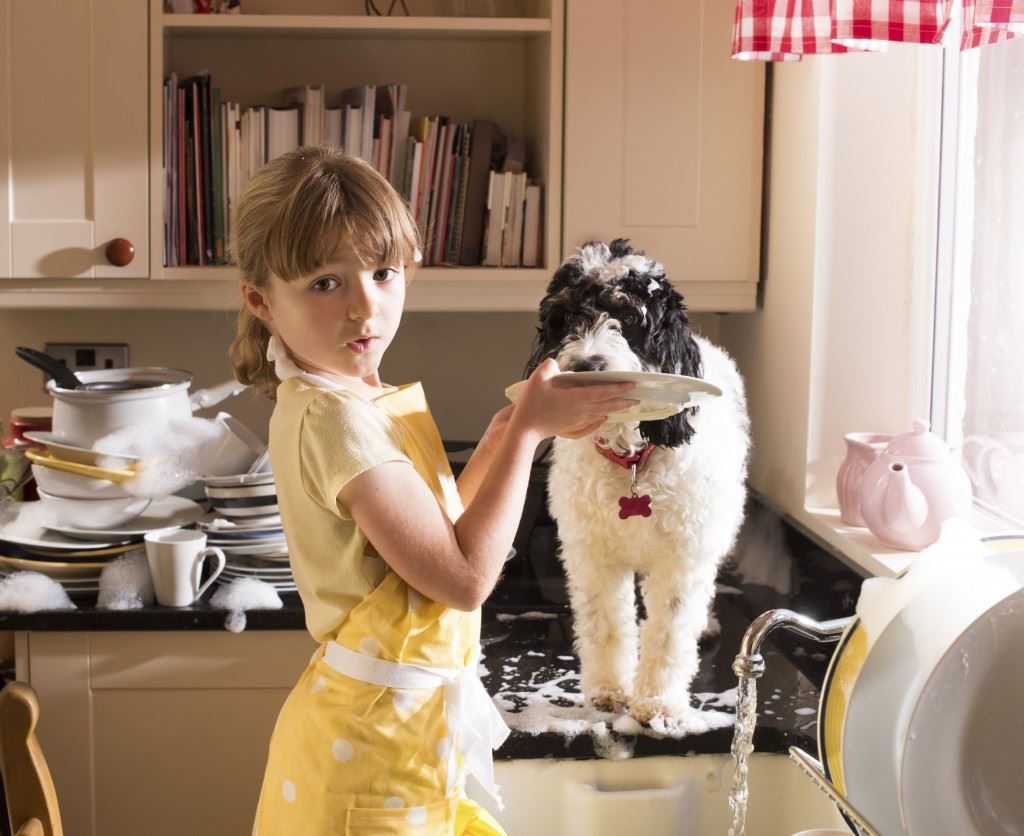 It can sometimes feel as though everywhere we look there is something to harm us – and our special four-legged friends. Look no further than your very own kitchen or pantry, for example. For your pet, fully stocked shelves or cupboards represent a delicious, enticing opportunity, but there are many food items intended for human consumption that are not safe for your pet to eat.
It can sometimes feel as though everywhere we look there is something to harm us – and our special four-legged friends. Look no further than your very own kitchen or pantry, for example. For your pet, fully stocked shelves or cupboards represent a delicious, enticing opportunity, but there are many food items intended for human consumption that are not safe for your pet to eat.
You can protect your pet through the prevention of unintentional poisoning, understanding the warning signs resulting from an irresistible nibble, and, instead, providing healthy alternatives that are safe for your pet to eat.
Little Beggars
Like most pets, yours may beg for just one bite of whatever it is being prepared or enjoyed by you and others in your company. It’s so easy to give into this temptation because, well…it’s just one bite, right?
Besides the fact that your pet could put on extra weight, whatever is on your plate might be toxic – or even deadly – for him or her. Plus, inhibiting begging behavior can go a long way with your guests during the upcoming holiday season.
Not Safe For Your Pet To Eat
Please keep in mind that the following foods are responsible for a range of symptoms, including pain and suffering for your pet, and may require diagnostic testing. These items should neither be offered nor left out on tabletops or counters (or in your bag!) for your pet to find:
- Xylitol – Found in all different types of baked goods and other treats, eating this sugar alternative guarantees an experience that is anything but sweet for your pet. Anything labeled “sugar-free” may be flavored with Xylitol, which causes a release of insulin in most pets, resulting in hypoglycemia. Vomiting, lethargy, and loss of coordination are just a few terrible signs of Xylitol poisoning, and depending on the dose, seizures and liver failure can result.
- Chocolate – Most pet owners know that chocolate is one of those foods off-limits to a pet, but few understand the real reasons why. While the sugar found in most chocolate isn’t healthy, it’s the methylxanthines and theobromine dangers that make chocolate a serious threat. Vomiting, muscle spasms, and restlessness top the symptom list and should never be ignored.
- Uncooked dough – When preparing for the final rise of your famous challah, make sure your pet is not around for a taste. Yeasted dough can actually continue rising inside your pet’s stomach leading to serious gastrointestinal distress. Also, many baked breads are considered yummy by most dogs, but should only be an occasional indulgence.
- Alcohol – Not a people “food” per se, but alcohol should be strictly prohibited. Aside from depressing your pet’s central nervous system, even a small amount of alcohol can cause vomiting, diarrhea, respiratory distress, and even possible coma or death.
- Avocado – Persin is the fungicidal toxin found in avocado meat, pit, leaves, and shell and can cause respiratory problems, vomiting, congestion, diarrhea, fluid build-up around the heart, and even death.
- Grapes/Raisins – The fresh version should never be left out, but items like granola bars, cookies, and cereals containing raisins are also a big no-no. Kidney failure, vomiting, depression, and even loss of life can be explained by a grape or raisin indulgence.
- Savory Alliums – You may offer your pet a little stuffing at Thanksgiving, but if it’s seasoned with onion or garlic, your pet could be in for a world of hurt. Irritation in the GI tract, asthma attacks, liver damage, red blood cell damage typically follows immediate vomiting, diarrhea, and lethargy. Raw, cooked, or dehydrated varieties are never safe for your pet to eat.
- Macadamia Nuts – Vomiting, tremors, and weakness are sure signs of a secret macadamia nut snack but symptoms can rapidly progress to paralysis and hyperthermia.
What Is Safe For Your Pet To Eat
While that may seem like a long list of what is off-limits, consider all the yummy items you can offer, such as peanut butter, yogurt, cooked salmon, pumpkin, carrot, or green beans.
Call us at (201) 800-6039 with any questions regarding what is not safe for your pet to eat, and if you have concerns about your pet’s eating habits we can support him or her with nutritional counseling.

